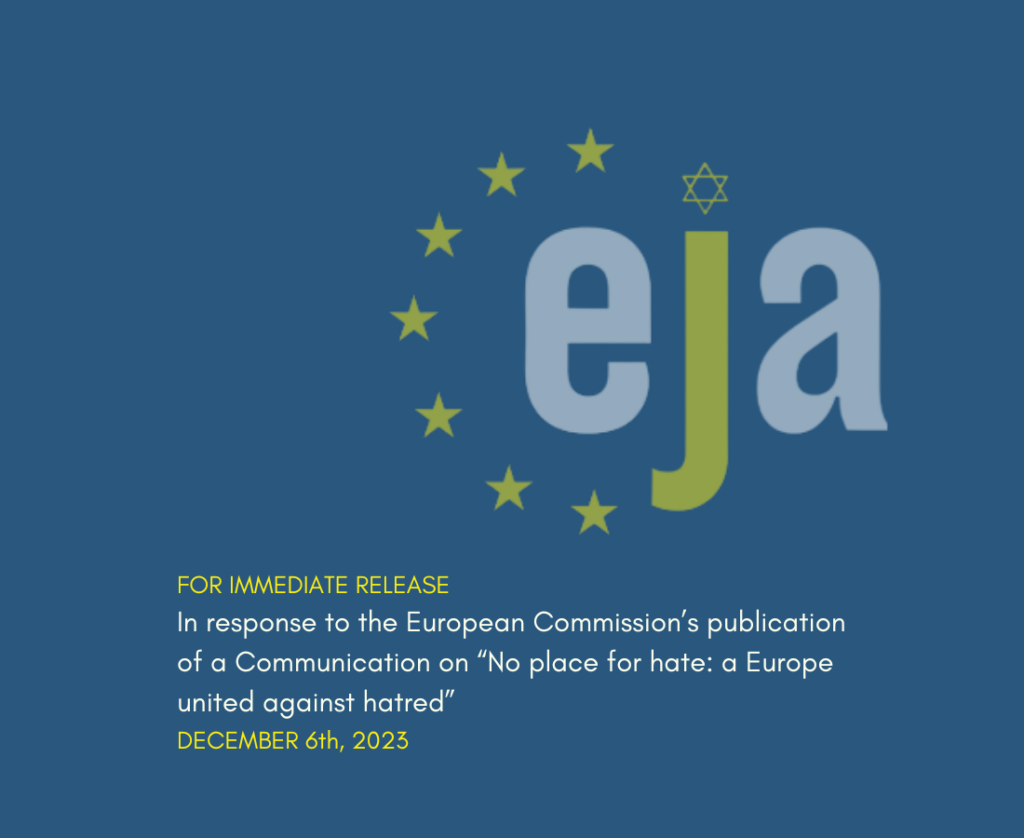Following the beginning of Israel’s operation names “Shield and Arrow” – which to date has resulted in the killing of three senior Islamic Jihad operatives in Gaza City and Rafah – we have attached the following points for your use.
1- This is an action that Israel has undertaken following months in which the terrorist organization Islamic Jihad has repeatedly fired unprovoked missiles at Israel.
2- The missiles that the terrorist organizations in the Gaza Strip fire are aimed only at the civilian population. In the past few days the terrorist organizations have fired over 100 missiles towards the southern population centres whilst parents were coming to pick up their children from school and kindergartens. Just imagine what would happen if a missile hit a school or kindergarten…
3- Israel had warned the terrorist organizations on numerous occasions and demanded that they stop firing missiles towards Israel. Despite these repeated warning, they continued to provoke and launch missiles and rockets.
4- For years the residents of the south of Israel have felt like hostages. Every few weeks the terrorists decide to fire rockets at civilian settlements. Thousands of families including small children flee to shelters.
5- Israel only targets terrorists: only those people who fire missiles towards Israel and only those who wage war against Israel and/or send other people to fire missiles and carry out acts of terrorism against Israel.
6- No other country in the world would put up with the firing missiles and rockets at population centres on its territory without responding.
7- Israel wants to live in peace and mutual respect with all its neighbors, including the Gaza Strip, but Hamas and the Islamic Jihad do not accept the existence of the State of Israel and call for its destruction together with Hezbollah and Iran.
8- Iran is the source and the head of the snake directing terrorism and arms to the terrorist organizations surrounding Israel.
9- Israel has nothing against the civilian population in the Gaza Strip and it does
everything in its power to avoid harming innocents and even brings thousands of workers from Gaza into its territory every day to work inside Israel. In addition Israel supplies Gaza with electricity and other civilian needs. This is at a time when the terrorists in Gaza are using the civilian population as human shields and even firing missiles towards Israel from population centres and, as we have seen many times, from schools and kindergartens.
10- There is no closure on Gaza and no blockade, Gaza has a border with the Egyptians and those who want to leave and come to Gaza, do so.
11- Instead of investing the hundreds of millions that Gaza receives as aid from many countries in the world, in education, the development of the city and infrastructure, the leaders of the Hamas terrorist organization that controls Gaza invest the money in the production of missiles and rockets, in the purchase of weapons and bombs and in the digging of offensive tunnels in order to harm the residents of Israel.














